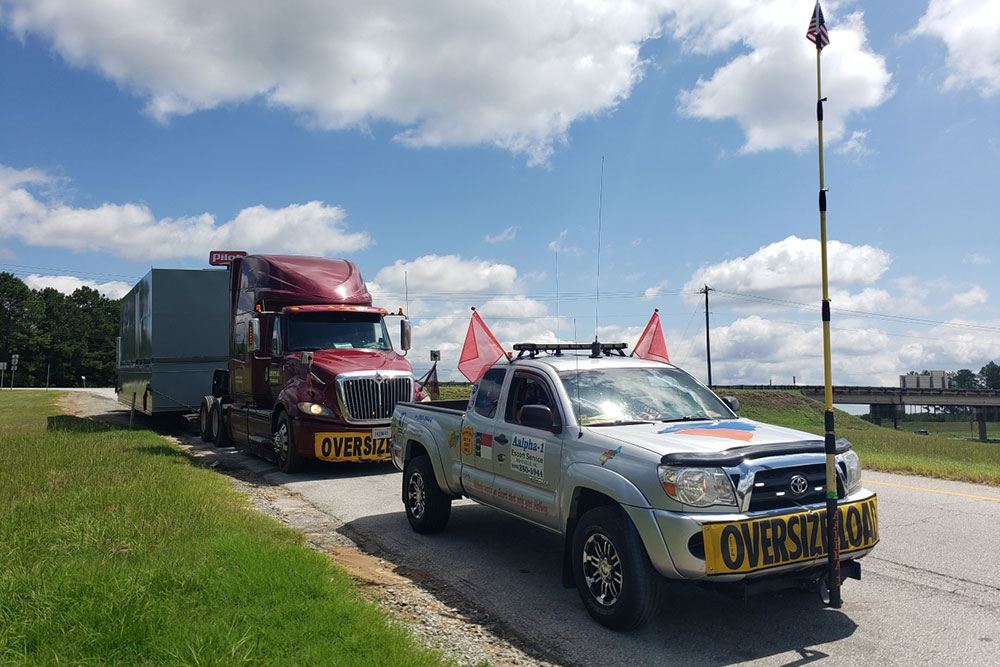As we step into the month of October, it’s essential for pilot car operators in the United States and Canada to stay up-to-date with the latest compliance regulations to ensure safe and efficient transportation of oversized loads. October brings about its own set of challenges and considerations for pilot car operators, from changing weather conditions to various state and provincial regulations. In this article, we will highlight some key compliance reminders for pilot car operators to keep in mind this October.
1. Stay Informed of Changing Weather Conditions
October marks the transition from summer to fall in many regions of the United States and Canada. With this shift in seasons comes unpredictable weather conditions, including rain, fog, and even early snow in some areas. It’s crucial for pilot car operators to stay informed of weather forecasts along their routes and adjust their plans accordingly to ensure safe travel for oversized loads.
2. Review State and Provincial Regulations
Each state in the United States and each province in Canada has its own set of regulations governing the transportation of oversized loads. It’s vital for pilot car operators to review and familiarize themselves with the specific regulations of the states and provinces they will be traveling through in October. This includes understanding requirements for escort vehicles, lighting and signage, and any special provisions for travel during weekends or holidays.
3. Ensure Proper Licensing and Certification
Pilot car operators must ensure that they hold the necessary licenses and certifications to operate in the United States and Canada. This includes having a valid driver’s license, pilot car certification where required, and any additional permits or endorsements necessary for escorting oversized loads. Failure to have the proper licensing and certification can result in hefty fines and penalties.
4. Maintain Proper Communication and Coordination
Effective communication and coordination are key to the safe transportation of oversized loads. Pilot car operators should maintain constant communication with the drivers of the oversized vehicles they are escorting, as well as with other escort vehicles in the convoy. This ensures that everyone is aware of route changes, road conditions, and any potential hazards along the way.
5. Inspect and Maintain Equipment
Before hitting the road in October, pilot car operators should thoroughly inspect and maintain their equipment to ensure it is in optimal working condition. This includes checking the functionality of lights, signs, radios, and any other safety equipment on the vehicle. Regular maintenance not only helps prevent breakdowns on the road but also ensures compliance with regulations.
6. Adhere to Hours of Service Regulations
Pilot car operators must adhere to hours of service regulations to prevent fatigue-related accidents and violations. It’s crucial to track hours accurately and take required rest breaks to stay alert and focused while on the road. Compliance with hours of service regulations not only enhances safety but also helps avoid potential fines for violations.
Final Thoughts
As October brings its own set of challenges for pilot car operators in the United States and Canada, staying compliant with regulations and safety standards is paramount. By staying informed of changing weather conditions, reviewing state and provincial regulations, maintaining proper licensing and certification, communicating effectively, inspecting and maintaining equipment, and adhering to hours of service regulations, pilot car operators can ensure safe and successful transportation of oversized loads throughout the month. Remember, compliance is key to a successful operation and, most importantly, to keeping our roads safe for everyone.

